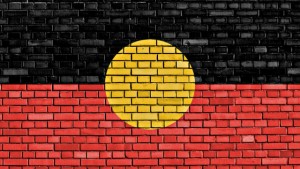Home » Commentary » Opinion » Federal government hypocrisy with Indigenous Advancement Strategy
· Ideas@TheCentre

 At a Sydney forum on the Indigenous Advancement Strategy guidelines, it was clear the actions undertaken by the government in implementing this reform are in direct conflict with the narrative they are spinning.
At a Sydney forum on the Indigenous Advancement Strategy guidelines, it was clear the actions undertaken by the government in implementing this reform are in direct conflict with the narrative they are spinning.
There was a case for reform. Before the federal government’s decision to merge 150 programs into five, 820 organisations received funding under 84 different programs to deliver services to Indigenous people. Overall, the 820 organisations were required to submit a total of 20,671 performance, financial and acquittal reports – each organisation had on average 4.5 funding agreements though one organisation had 55 different funding agreements.
Yet, the way in which the government has acted in implementing this reform smacks of hypocrisy.
According to the government the changes were necessary to minimise bureaucracy and increase transparency and accountability, but there has been little to no transparency in the government’s processes regarding who gets funding.
The reforms have apparently reduced silos by merging eight separate government departments into the Department of the Prime Minister and Cabinet, but it seems the process hasn’t actually reduced the number of different programs being administered – just shuffled them into slightly smaller silos of seemingly arbitrary program headings.
The Indigenous Advancement Strategy aims to put Indigenous communities and people at the centre of design and delivery of programs, but less than half the successful applicants for funding were Indigenous organisations.
While the government argues the changes were necessary to provide greater flexibility and bring about long-term sustainability, more than half the grants published in the first two funding rounds were for amounts of $15,000 or less and for periods of fewer than six months.
Such short-term agreements make it extremely difficult for organisations to attract, train and retain Indigenous staff. It is also next to impossible to show any evidence of outcomes in such a short space of time.
The government is right in trying to improve the accountability and efficacy of Indigenous program delivery. At the same time, they also need to make sure they are practicing what they are preaching.
Federal government hypocrisy with Indigenous Advancement Strategy